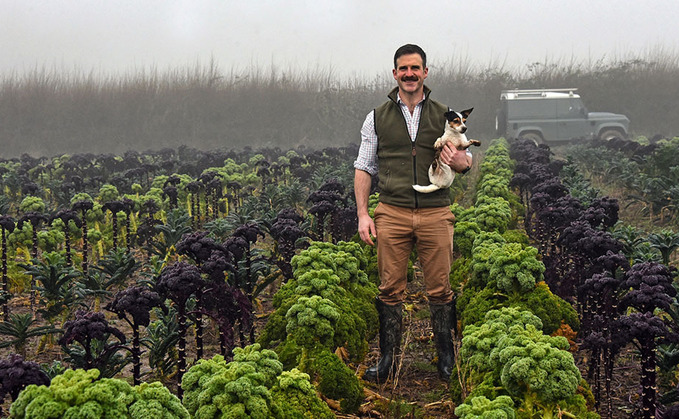
A mixed farming enterprise is key to success at broadward Hall farm. Gaina Morgan meets Ben Andrews to talk about the challenges they face and moving forwards as a family. Juggling the challenges of...

A mixed farming enterprise is key to success at broadward Hall farm. Gaina Morgan meets Ben Andrews to talk about the challenges they face and moving forwards as a family. Juggling the challenges of...